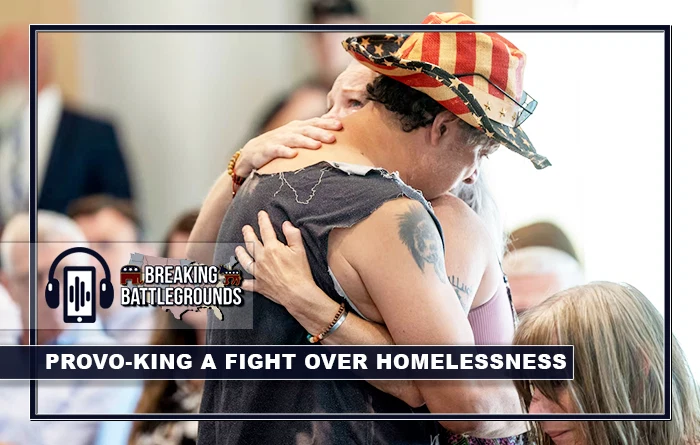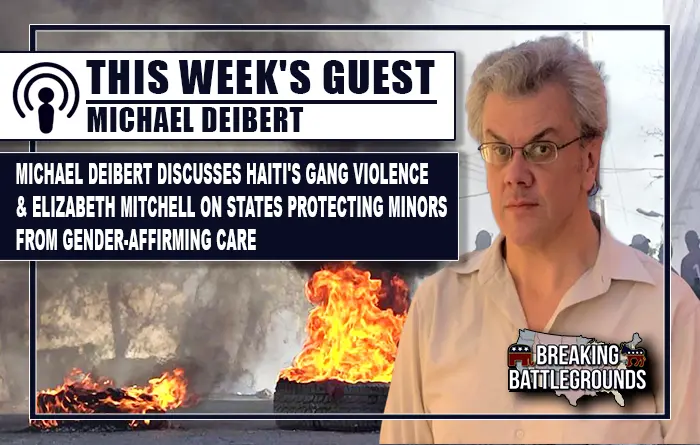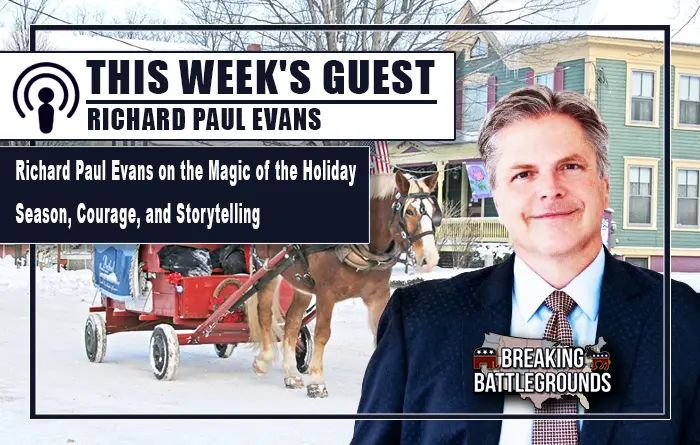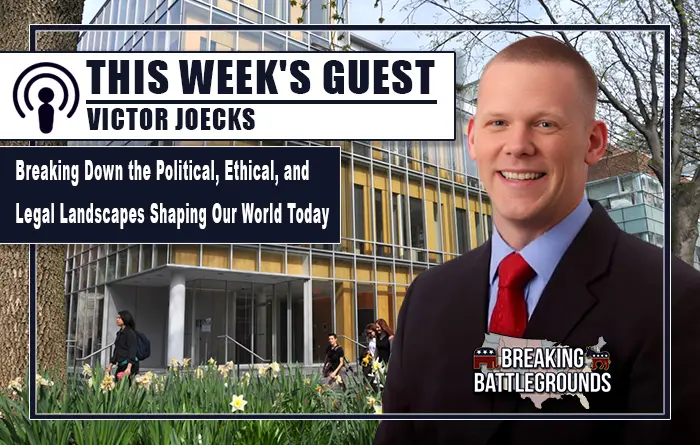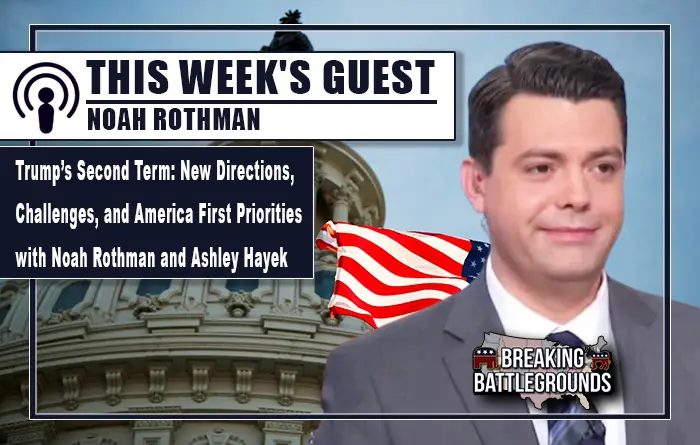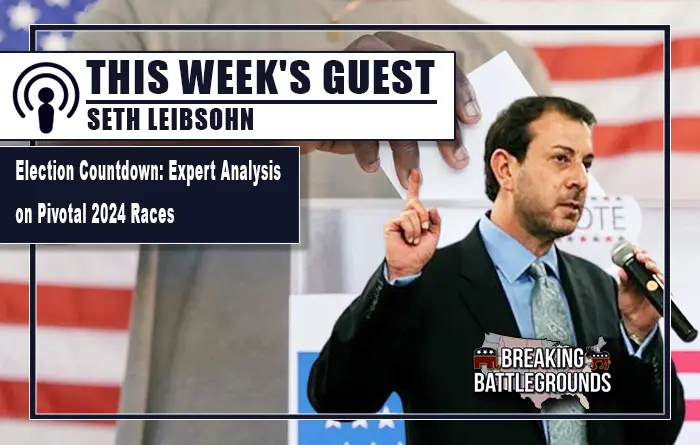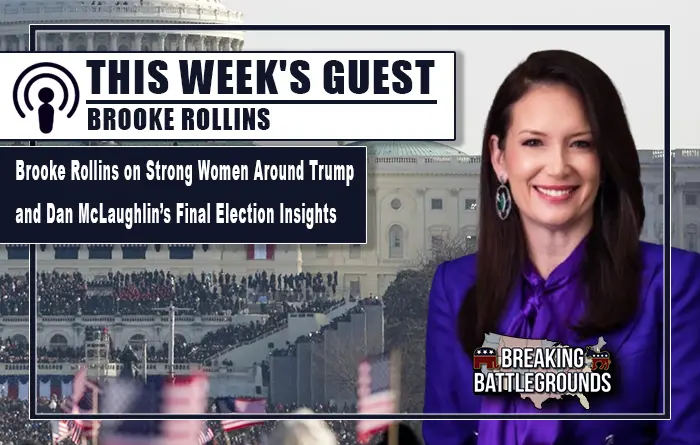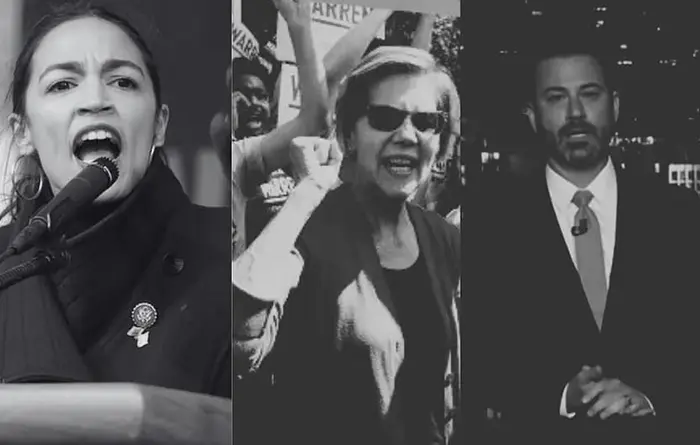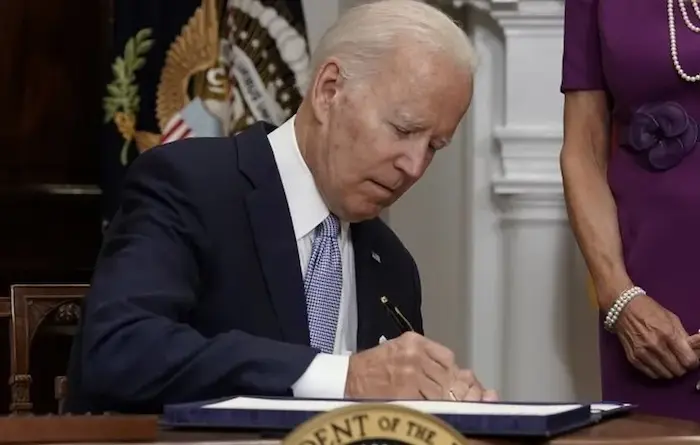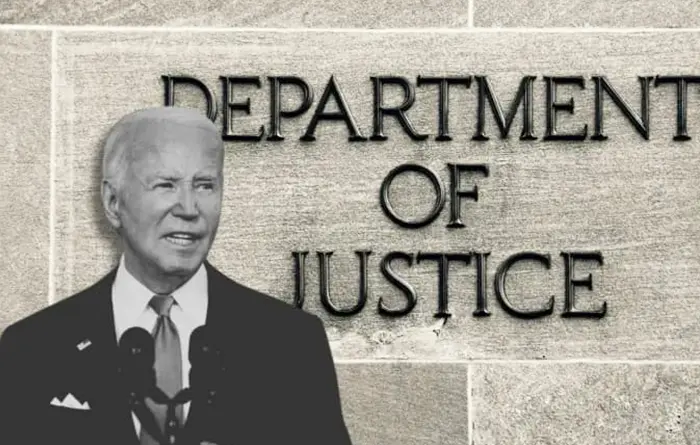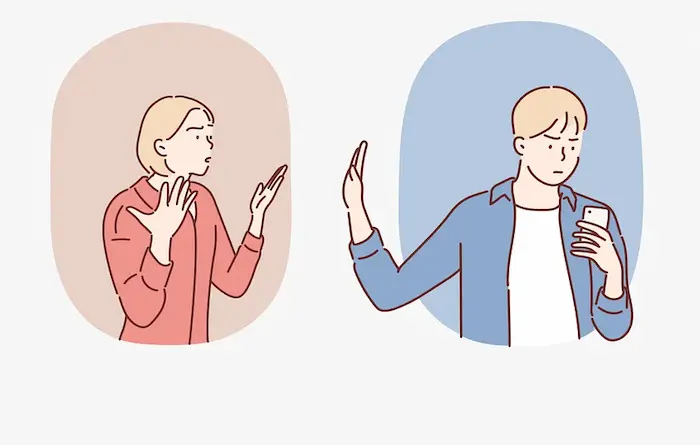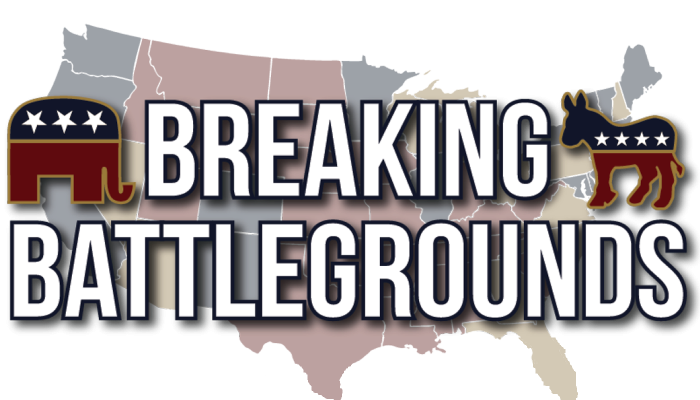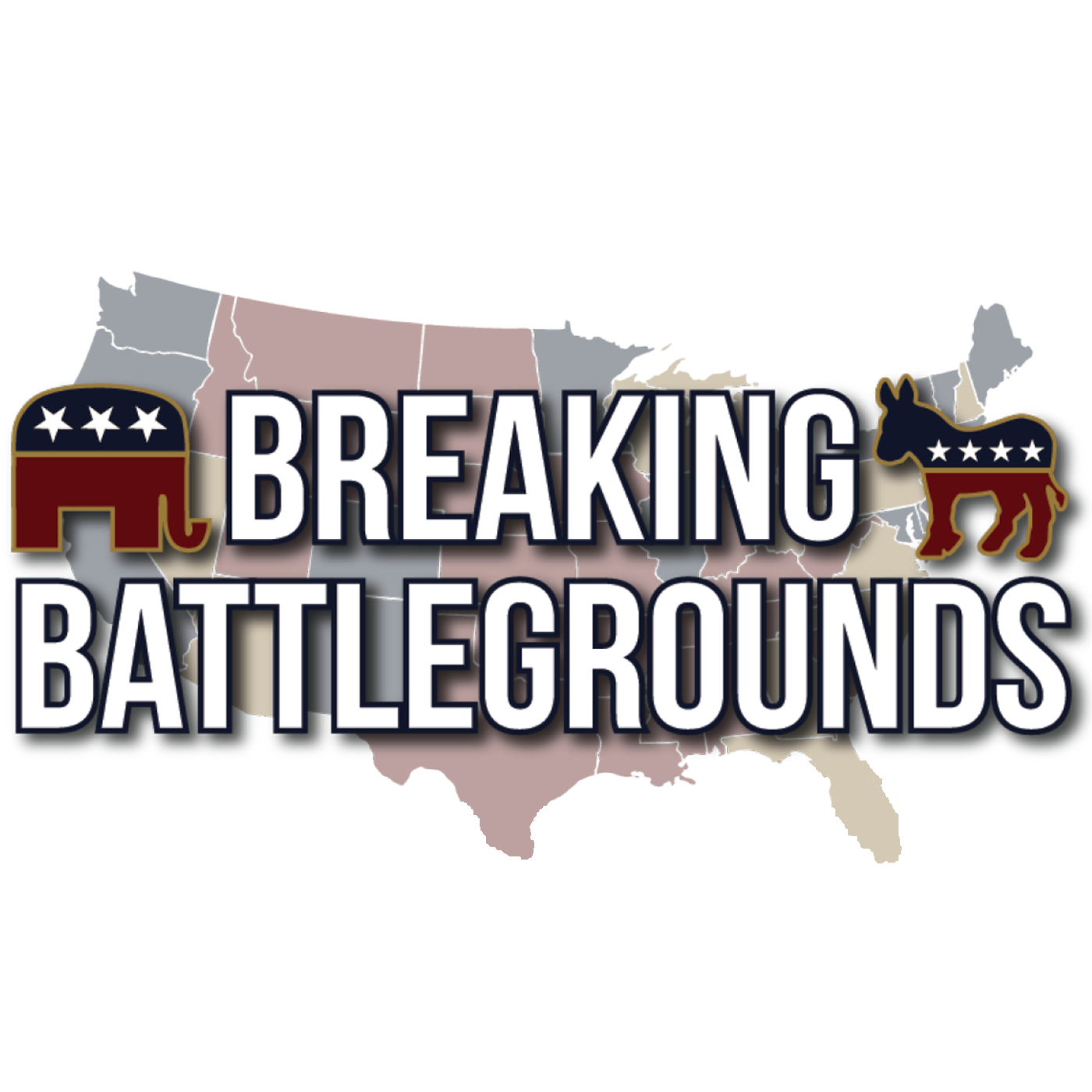The stories are heartrending, and often fabricated. The voices cry out for sympathy, using carefully crafted messages. This week, Provo, Utah got a taste of what my hometown of Phoenix, Arizona has been experiencing for years: a coordinated pressure campaign organized by homeless services advocates and funded by national non-profits to force local jurisdictions into vastly increasing spending on homeless assistance programs using the far-left’s preferred, and failed, “Harm Reduction” and “Housing First” approaches.
According to the Salt Lake Tribune, advocates have organized speakers at two recent Provo council meetings to demand Provo as well as Utah and Summit counties start providing year-round shelter services. But not just any shelter: the demands are always for what advocates refer to as “zero barrier” shelters that place no conditions on the people who use them. The goal is two-fold: ideological issues advocacy on one end, avaricious acquisition of tax dollars on the other.
National non-profits like George Soros’s Open Society Foundation, the Kaiser Family Foundation, and Ford Family Foundation coordinate and fund local groups across the country to organize protests and swamp local government meetings with public speakers to promote the left’s preferred approach to chronic street homelessness: enabling it. “Harm Reduction” refers to a series of public policies designed to exempt drug addicts from legal consequences while supporting their ongoing addiction with government resources and assistance. In California, for example, the state went so far as to start delivering heroin, meth, and fentanyl directly to addicts. They also set up city run injection sites, eliminated or stopped enforcing laws on public indecency and intoxication, and made most low-level crime unenforceable.
At the same time, these groups have pushed to maintain and expand another federal policy with an equally dubious record: Housing First. Housing First asserts that no conditions or restrictions may be placed on the homeless population, regardless of drug use or mental health, and the only solution to homelessness is to give individuals a free place to live along with money for food, utilities, etc., and then hope some might one day accept treatment. Predictably, the housing units provided under these programs tend to become problematic very quickly. Paying residents do not want to live next to a drugged out, mentally-ill, and potentially dangerous neighbor. Recipients often trash both their own units and the surrounding environment, and very quickly end up back on the streets. Then they’ll be given another opportunity, and the process will repeat.
California is the avatar for the implementation of Harm Reduction and Housing First policies, and the result has been annual increases in homelessness, despite state spending of more than $17.5 billion between 2020 and 2023. Tellingly, California refuses to track or audit this spending, with Governor Newsom going so far as to veto a bill that would have required improved data gathering on the effectiveness of California’s many programs and providers.
There’s a reason for that, and it is one that cities like Provo should be very aware of: the ultimate goal of advocacy groups behind protests like the one Provo is experiencing is to secure or expand government funding, not deliver results. These organizations constitute a Homeless Industrial Complex where addressing homelessness would end their mission, and funding. One telling fact behind the pushes these paid activists are engaging in is that they (and the federal government) refuse to count shelter beds offered by religious institutions in their communities. A quick google search of homeless shelters in Provo shows that the Salvation Army, along with a number of churches and religiously affiliated non-profits, have shelter beds available, but according to the activists, these beds don’t count because they come with some basic conditions like accepting drug and / or mental health treatment services, life and career coaching, or participation in religious services offered by the provider. And here’s the thing; just as in Phoenix and elsewhere, Provo does offer wraparound homeless treatment services for those willing to better their lives and get off the streets permanently, as well as temporary zero barrier shelter on cold nights via a rotating list of three providers.
Meanwhile, the zero barrier shelters advocates demand quickly devolve into havens of crime, abuse, and drugs, permanently scarring surrounding neighborhoods and destroying the quality of life for residents. Phoenix, for example, recently placed one shelter and expanded another in my neighborhood of Orangedale. The result has been a dramatic increase in property crimes and vagrancy. The family-friendly, working-class neighborhood I moved into is gone. One day this winter I went to my storage shed to get a ladder, and found a homeless person zonked out on fentanyl had taken it over. Neighbors have had their cars and homes broken into. A walk in the local park is an exercise in dodging human feces.
Provo doesn’t need to repeat Phoenix’s failures. No one does. The recent U.S. Supreme Court decision in Grants Pass v. Johnson overturned a previous ruling by the 9th Circuit in Martin v. Boise which dictated that cities could not enforce laws criminalizing common infractions committed by the homeless population unless the jurisdiction, at all times had more shelter beds available (again, using the criteria that excludes religious providers) than homeless people in their community. Martin was an absurd ruling that ignored the fact many homeless individuals are choosing chronic street homelessness rather than face the tough road to recovery, and often prefer to live outside even when shelter services are available.
The ruling in the Grants Pass case has turbo-charged efforts of local advocates to secure government funding for themselves now, as they are trying to do in Provo, because many local governments across the country are eying the ruling as an opportunity to move away from Harm Reduction and Housing First to a more successful model known as Leading with Treatment – which calls for providing temporary zero barrier shelter for a limited period of time before quickly transitioning homeless individuals into long-term treatment and recovery programs while moving individuals from shelters to treatment facilities, then into group homes, and finally to individual housing once participants demonstrate they are prepared to accept responsibility for themselves and their surroundings. Leading with Treatment, however, is an outcome-based model, and one that lends itself to easy accountability and provides accurate tracking to measure success. Those aren’t positives for most of our current homeless service providers who have grown and thrived nationwide, expanding their budgets, raising salaries, and increasing employment while achieving little to nothing.
Under this system, success stories are so rare, individual cases will end up being celebrated in newspapers. But the reality is that almost all chronic street homelessness has two causes: mental illness and substance abuse. Leading with Treatment addresses these causes, Harm Reduction and Housing First exacerbate them.
What should Provo do? Start by asking questions. First, demand the organizations behind this push provide proof of the effectiveness of their approach. Not anecdotes or government policy briefs: actual data. If their approach is effective, they should be able to prove it numerically. If it isn’t, they should be roundly ignored. Second, stop allowing self-interested government spending advocates to dictate the terms of the conversation – bring the religious providers into the discussion, and include their facilities and programs in official calculations of available resources. Third, engage more citizens directly in the debate and response, because advocates and the public have very different ideas about right and wrong, and taxpaying, law-abiding citizens should not have their priorities disregarded to accommodate the disastrous lifestyle choices of a relative handful of drug-addled and mentally-ill homeless people. Fourth, enforce current laws without qualms: many former homeless and drug addicted individuals who have gotten their lives back on track first began to do so after being arrested and having sobriety and behavioral healthcare forced on them in jail.
Homeless Industrial Complex advocates are provoking a fight. In the name of real compassion, Provo should give it to them.
Note: the opinions expressed herein are those of Sam Stone only and not his co-host Chuck Warren or Breaking Battlegrounds’ staff.

